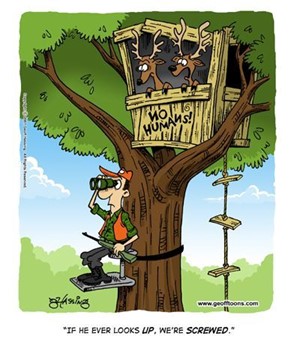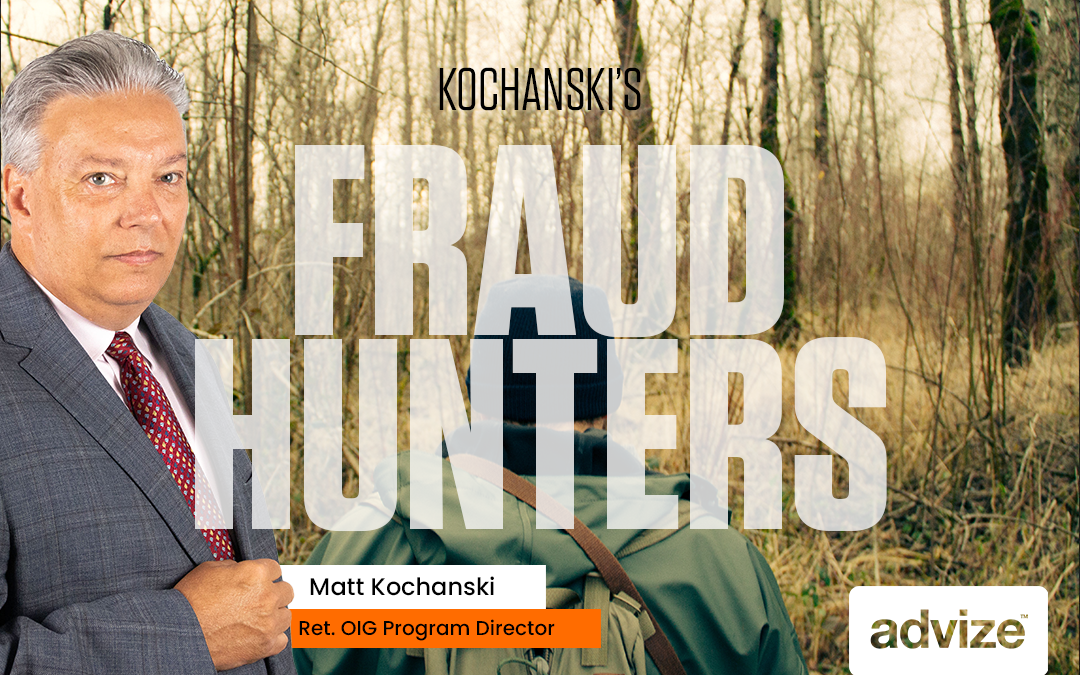As someone who has retired twice already but is still working, I may not be the best person to answer this question but I am aiming this query more at the fraud hunt than the job hunt.
A hunter or fisherman answers this question all the time. Do we quit when it gets dark? Do we end it when the beer cooler is empty? Or do we wait until all the bait is gone? For the fraud hunter, the questions and answers are bit more tricky.

An investigation is opened because there is information (data, a complaint, etc.) that points to a problem. The Investigator at that point develops a plan on how best to look more deeply into that information. But it is at this very early point that a choice has to be made – Are you trying to prove that there is a problem or are you trying to discover the facts? Answering this initial question frames the entire investigative plan and contributes greatly to its outcome.
In many cases – such as those involving simple known schemes (modifier abuse, upcoding), an Investigator with the mindset of trying to prove the wrongdoing can be successful. They look for a specific misconduct and they find it. They look for the data that points to it and the patterns become apparent; they ask questions concerning it during interviews and the answers confirm it. Evidence gathered, losses calculated, case closed. But what did they miss? Were there other misdeeds that went unnoticed or perhaps some reasonable explanations as to the conduct that were overlooked or ignored? While focusing on the allegation gets the job done, you may be closing the hunt too soon and either shortchanging the investigation or missing important pieces of exculpatory evidence.
On the other hand, keeping a case open to follow every possible tangent leads the Investigator down cul-de-sacs that waste time, resources and energy. If the fraud isn’t there, you can’t waste your resources trying to find it in out of the way places. You will end up in frustrating knots of technical violations, or false positives. Remember that disproving an allegation is just as important as validating it.
The happy medium is to keep your eyes open. From the beginning, you must choose to find the truth. Go where the facts take you. Be cognizant of the allegation but also create a plan that takes into account the possibility that there may be more wrongdoing or none at all. Take off the allegation blinders and scan the entire horizon. You may find more, you may find nothing but you will know that when the case is closed, you have done what was needed to get to the right conclusion.
by Matt Kochanski


Recent Comments